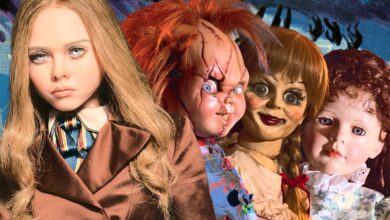Incels, Trump and neo-Nazis: Why do men keep misunderstanding Fight Club?

Fight Club: available to stream now on Disney+. It’s an irony Tyler Durden himself would have appreciated. David Fincher’s violent satire was once one of the most controversial films of the 1990s; thanks to the 2019 Fox-Disney merger, the film – and its stomach-churning scenes of middle-class men pulverising one another in squalid basements – is sat right there between Mickey Mouse and The Little Mermaid.
Fight Club is about a lot of things. There’s Edward Norton’s narrator, an emasculated insomniac who starts the film gatecrashing group therapy meetings and ends it as a brawling terrorist. There’s Durden (Brad Pitt), the charismatic jock who goads Norton out of his rut and forms a cult. There’s social commentary, homoerotic undertones – and one outrageous twist. But most of all, perhaps, Fight Club is about what it means to be a man.
It is hardly surprising that the film (and the Chuck Palahniuk novel from which it was adapted) has been linked to some of the most extreme white male behaviour: Fight Club is said to have inspired neo-Nazi fight clubs, incel culture and the excesses of the “alt right”. While most agree that Fincher’s cult movie is satirising toxic masculinity, some viewers mistook it for endorsement. “The movie has become part of the contemporary mass-cultural canon through which large numbers of men try to think through masculinity,” wrote the New Yorker. Vanity Fair, meanwhile, saw shades of Donald Trump in Pitt’s character (“minus, obviously, the face, the bod, the hair, the style… Like Tyler, Trump is manic and messiah”). The 25th-anniversary theatrical re-release next month could hardly be more timely.





